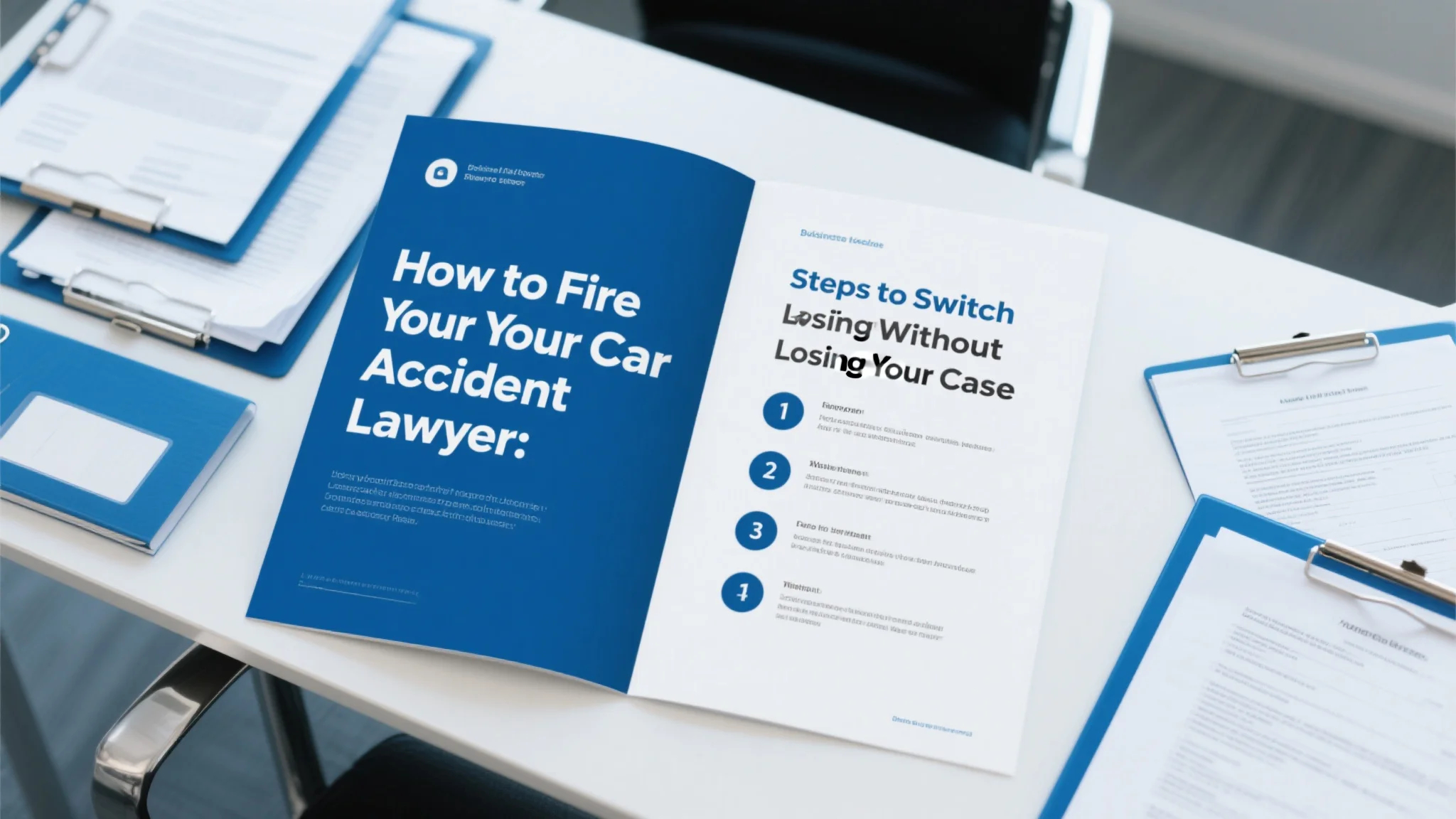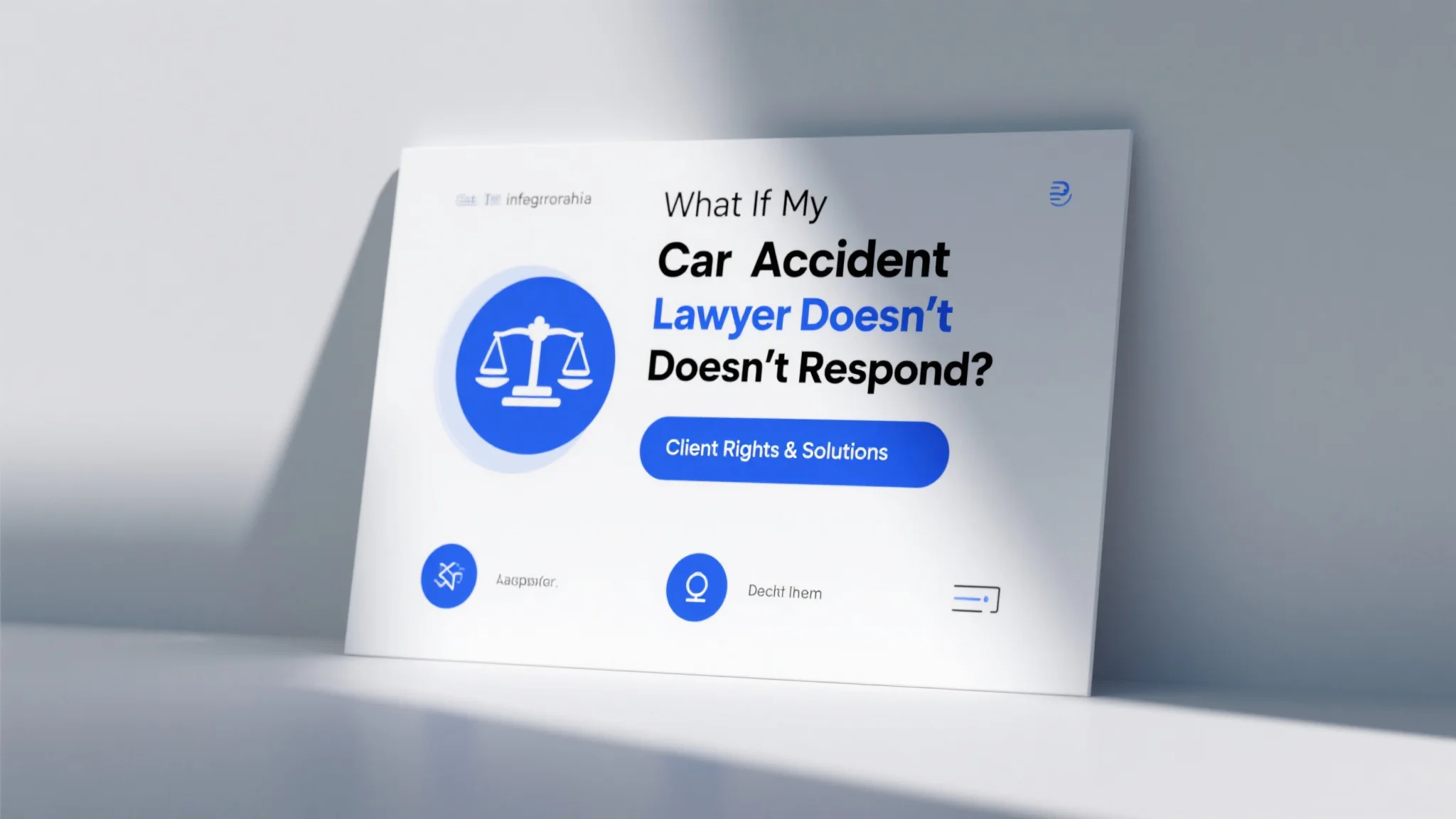Motorcycle Accident Lawyers: How to Win Big Settlements for Bike Crashes
When involved in a motorcycle accident, securing proper legal representation can mean the difference between a modest settlement and life-changing compensation. motorcycle injury attorney professionals specialize in navigating the complex legal landscape surrounding bike crashes, ensuring victims receive fair treatment from insurance companies and opposing counsel. Unlike standard vehicle collisions, motorcycle accidents often result in more severe injuries due to the lack of protective barriers, making skilled legal advocacy essential for maximizing your claim’s potential value.
Understanding the Unique Challenges of Bike Accident Claims
Motorcycle accidents present distinct legal hurdles that require specialized knowledge to overcome. Insurance companies frequently attempt to minimize payouts by arguing comparative negligence or claiming the motorcyclist assumed inherent risks. An experienced bike accident claims lawyer understands these tactics and can counter them effectively with evidence and legal precedent. The physics of motorcycle collisions differ substantially from car accidents, often resulting in different injury patterns and long-term consequences that must be properly documented and presented to achieve maximum compensation.
The Critical Role of a High-Risk Crash Specialist
Engaging a high-risk crash lawyer becomes particularly crucial when dealing with catastrophic injuries or disputed liability cases. These legal professionals maintain networks of accident reconstruction experts, medical specialists, and economic analysts who can substantiate the full extent of your damages. From traumatic brain injuries to spinal cord damage, the right attorney knows how to quantify both current medical expenses and future care needs, ensuring your settlement accounts for all potential costs rather than just immediate bills.
Building an Ironclad Case for Maximum Recovery
Successful motorcycle accident litigation hinges on meticulous evidence collection and strategic case development. Your motorcycle injury attorney will gather police reports, witness statements, traffic camera footage, and electronic data from your bike when applicable. They’ll also coordinate with medical providers to establish clear causation between the accident and your injuries, a critical element often challenged by defense teams. This comprehensive approach creates leverage during negotiations and strengthens your position if the case proceeds to trial.
Navigating Insurance Company Tactics and Bad Faith Practices
Insurers frequently employ delay tactics, lowball offers, and other strategies designed to pressure vulnerable accident victims into accepting inadequate settlements. Seasoned bike accident claims attorneys recognize these patterns and know how to escalate matters effectively, whether through formal complaints to insurance regulators or strategic litigation moves. They understand the true value of your case based on similar verdicts and settlements in your jurisdiction, preventing you from leaving money on the table due to insurer intimidation or misinformation.
When to Consider Litigation for Optimal Results
While most motorcycle accident cases settle out of court, having a high-risk crash lawyer prepared to take your case to trial often forces insurers to offer reasonable settlements. Your attorney will evaluate when litigation makes strategic sense, considering factors like the clarity of liability, available insurance limits, and the defendant’s ability to pay. Jury verdicts in motorcycle cases can sometimes exceed policy limits, creating additional recovery opportunities that skilled counsel can pursue through asset investigations and supplementary legal actions.

Maximizing Your Settlement Through Strategic Negotiation
The negotiation phase represents where experienced motorcycle injury attorney professionals truly earn their fees. They understand how to present your damages in the most compelling light while anticipating and countering defense arguments. From calculating lost earning capacity to factoring in pain and suffering, your lawyer will ensure no compensable element goes unaddressed. This comprehensive approach frequently results in settlements several times higher than initial insurance offers, justifying the attorney’s contingency fee through substantially improved financial outcomes.
Special Considerations for Fatal Motorcycle Accidents
When motorcycle crashes result in fatalities, the legal landscape becomes even more complex. A proficient bike accident claims attorney can guide surviving family members through wrongful death actions while handling the emotional sensitivities of these tragic cases. They’ll identify all potentially liable parties, from negligent drivers to vehicle manufacturers or government entities responsible for hazardous road conditions. These cases often involve multiple insurance policies and defendants, requiring sophisticated legal strategies to maximize recovery for grieving families.
The Long-Term Value of Quality Legal Representation
Engaging a top-tier high-risk crash lawyer provides benefits extending far beyond your immediate case resolution. Many serious motorcycle injuries require years of medical treatment and rehabilitation, and your attorney will structure settlements to account for these evolving needs. From establishing medical trusts to negotiating lien reductions with healthcare providers, comprehensive legal representation ensures your financial recovery supports your physical recovery without creating future burdens or unexpected shortfalls.



